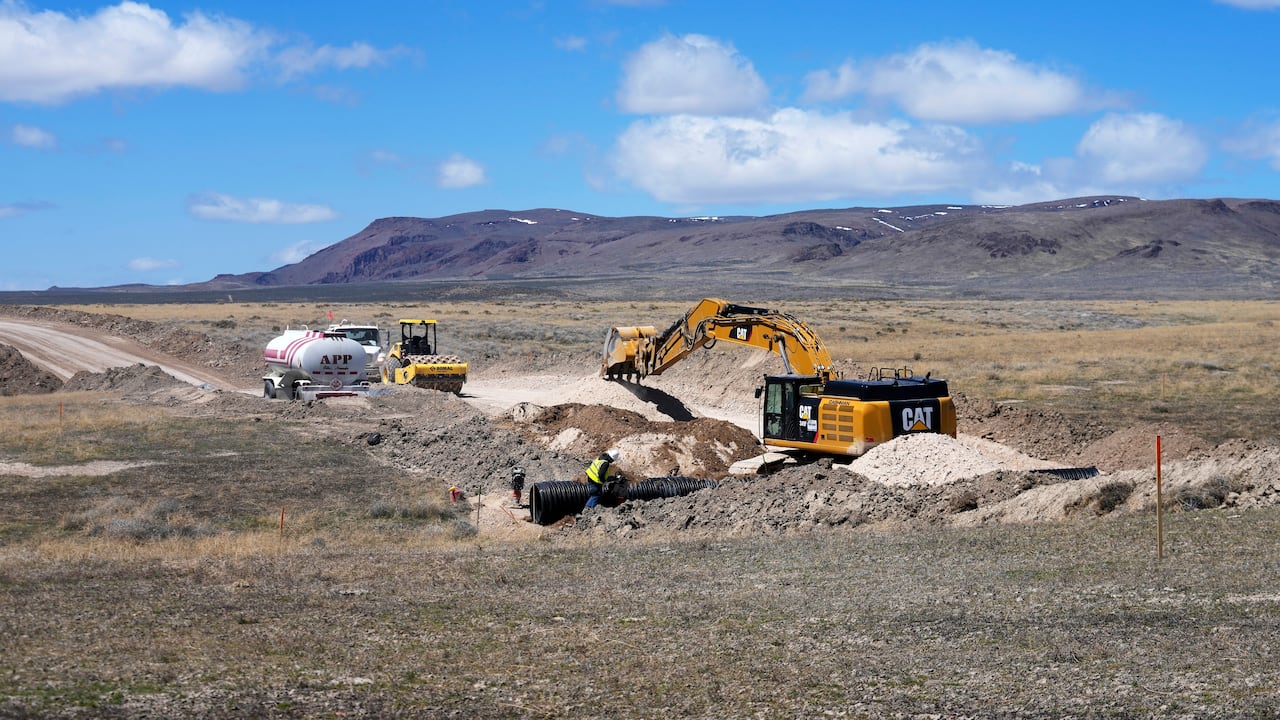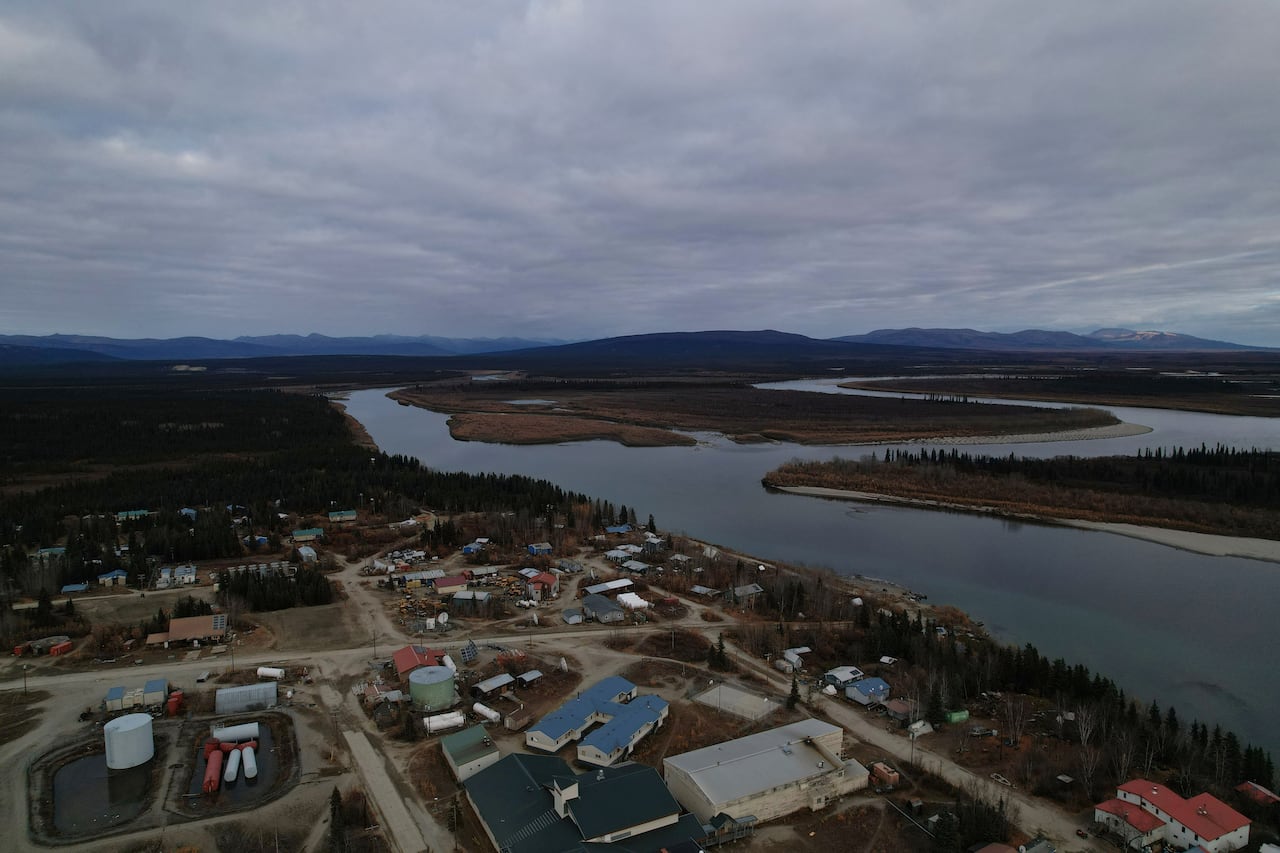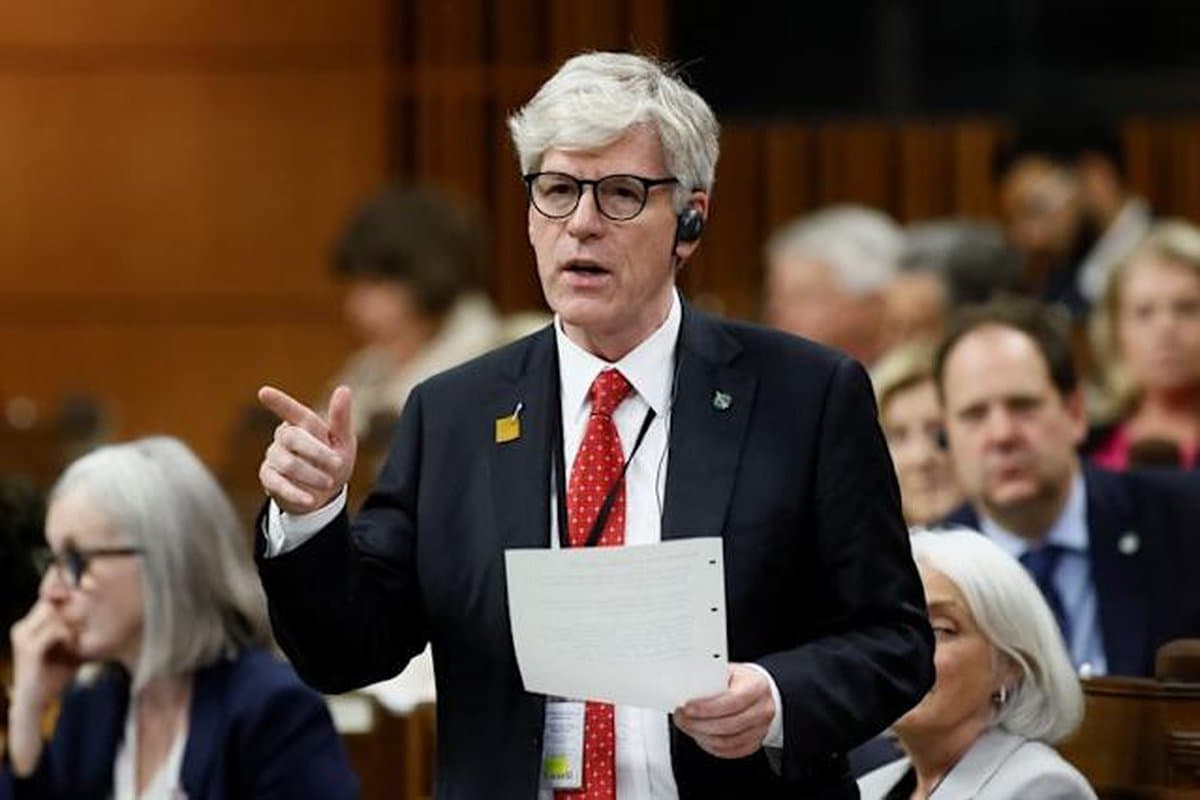The U.S. government’s recent acquisition of stakes in two Canada-headquartered critical-mineral companies has drawn scrutiny. Experts describe the move as unusual — possibly unprecedented — and warn it raises national-security questions that Ottawa may need to address.
 The U.S. government will take a five per cent stake in the Thacker Pass lithium mining project, a joint venture between Vancouver-based Lithium Americas and General Motors. (Rick Bowmer/The Associated Press)
The U.S. government will take a five per cent stake in the Thacker Pass lithium mining project, a joint venture between Vancouver-based Lithium Americas and General Motors. (Rick Bowmer/The Associated Press)
Lawrence Herman, an international lawyer and senior fellow at the C.D. Howe Institute, said it is “possibly unprecedented for the U.S. government itself to be buying an interest in a Canadian company.” He argued Canada should be wary whenever a foreign state invests in sensitive sectors such as critical minerals — including lithium, copper and nickel — which are essential to modern technologies.
The White House announced last week it spent US$35.6 million to acquire a 10% stake in Vancouver-based Trilogy Metals Inc., which holds mining interests in Alaska that the U.S. government wants developed. The agreement gives the U.S. the option to increase its stake and the right to appoint a board member.
The U.S. is also taking a minority position in Lithium Americas, another Vancouver-headquartered company developing a large lithium mine in Nevada. Under that deal, the U.S. Department of Energy will take a 5% equity stake in the company and a 5% stake in the Thacker Pass lithium project, a joint venture with General Motors.
Experts argue these are not ordinary market investments. “These are investments by government entities in the United States… when we have a difficult, tense relationship with that government,” Herman said. He warned that state ownership can shift a company’s priorities toward political aims, and that sensitive technology or information could be directed toward the investing government, which may not align with Canadian interests.
Under Canada’s Investment Canada Act, Ottawa can review investments by foreign governments. Rules tightened in 2022 specifically for the critical-minerals sector state that significant state investments are only permitted on an “exceptional basis,” requiring clear “net benefits” to Canada. The updated guidelines also allow such investments to be referred for national-security review if there are “reasonable grounds” to believe they could be injurious to Canada’s national security.
Those “reasonable grounds” include considerations such as the investment’s effect on Canadian supply chains’ ability to exploit an asset or access alternative sources, the current geopolitical context, and potential impacts on allied relations. Shortly after the 2022 tightening, Ottawa ordered three Chinese companies to divest their holdings in Canadian critical-mineral firms.
Some lawyers note the U.S. stakes are non-controlling, which may reduce the likelihood of immediate concerns. Sandy Walker, co-chair of Dentons’ Convocation and Foreign Investment Review Group, said the minority nature of the investments lessens their potential for immediate interference. She also noted Canada may be cautious about publicly criticizing U.S. moves while negotiating broader trade and security arrangements.
A red flag, however, would be any requirement by the U.S. that minerals from certain mines be exclusively supplied to the United States. “That would implicate domestic supply chains,” Walker said, and could provoke stronger Canadian scrutiny.
 Minister of Innovation, Science and Industry Francois-Philippe Champagne, seen here in December 2022, tightened the guidelines on foreign investments from state-owned enterprises in Canada's critical minerals sector. (Justin Tang/The Canadian Press)
Minister of Innovation, Science and Industry Francois-Philippe Champagne, seen here in December 2022, tightened the guidelines on foreign investments from state-owned enterprises in Canada's critical minerals sector. (Justin Tang/The Canadian Press)
In response to media inquiries, Innovation, Science and Economic Development Canada said foreign investments in critical minerals will be reviewed “in the best interests of Canadians,” but declined to comment on specific transactions due to confidentiality provisions in the Act.
David Rosner, head of the Competition and Foreign Investment Group at Goodmans LLP, argued the deals may not be obvious national-security candidates partly because the U.S. holdings are small and because the mines themselves are on U.S. soil. Rosner observed that previous Canadian actions tended to target investors representing governments not aligned with Canada on supply-chain matters. Despite recent frictions, he thinks it unlikely Ottawa would view Canada as significantly misaligned with the U.S.
 The Gates of the Arctic National Park and Preserve, where the Ambler Road project would pass through, is visible from Ambler, Alaska (Annika Hammerschlag/The Associated Press)
The Gates of the Arctic National Park and Preserve, where the Ambler Road project would pass through, is visible from Ambler, Alaska (Annika Hammerschlag/The Associated Press)
Rosner added that if foreign-government investment in critical minerals becomes a broader trend, Canada will need a new policy response. The policy-development process itself may surface new concerns about protecting national supply chains while balancing international cooperation.
